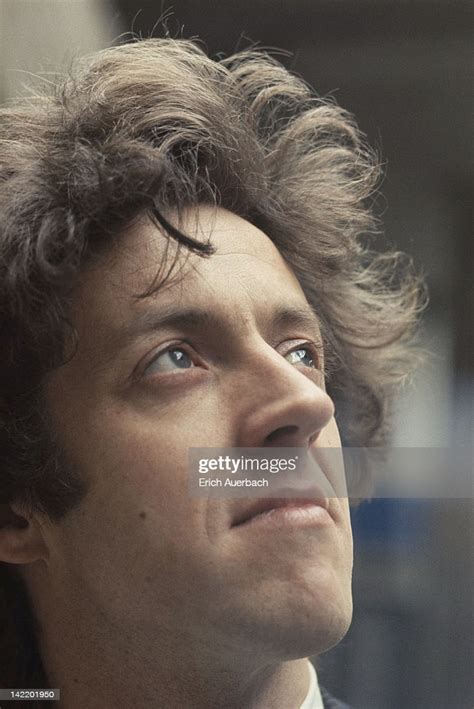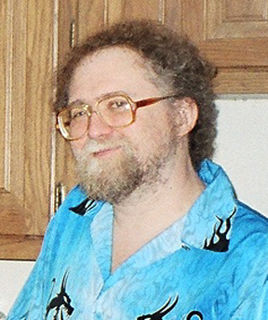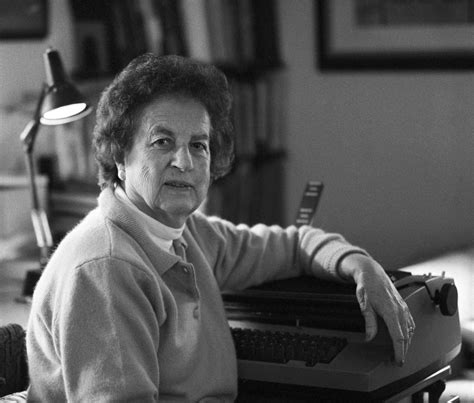A Quote by Cornelius Cardew
A Composer who hears sounds will try to find a notation for sounds. One who has ideas will find one that expresses his ideas, leaving their interpretation free, in confidence that his ideas have been accurately and concisely notated.
Quote Topics
Related Quotes
Ideas are dangerous, but the man to whom they are least dangerous is the man of ideas. He is acquainted with ideas, and moves among them like a lion-tamer. Ideas are dangerous, but the man to whom they are most dangerous is the man of no ideas. The man of no ideas will find the first idea fly to his head like wine to the head of a teetotaller.
And this is the simple truth - that to live is to feel oneself lost. He who accepts it has already begun to find himself, to be on firm ground. Instinctively, as do the shipwrecked, he will look around for something to which to cling, and that tragic, ruthless glance, absolutely sincere, because it is a question of his salvation, will cause him to bring order into the chaos of his life. These are the only genuine ideas; the ideas of the shipwrecked. All the rest is rhetoric, posturing, farce.
I turn on the machines and start to think about ideas and take it from there, it usually begins if it's a beat, a track creating a beat/beats and then the bass-line/lines, then comes the sounds--drones, atmospherics etc, then the edits of various sounds I created and keep going till I feel I have enough sounds ideas to start working and building a track. I have many banks of sounds that we hear that can be manipulated in the machines.
If an artist may say nothing except what he has invented by his own sole efforts, it stands to reason he will be poor in ideas. If he could take what he wants wherever he could find it, as Euripides and Dante and Michelangelo and Shakespeare and Bach were free, his larder would always be full, and his cookery might be worth tasting.
As man reaches out toward the twenty-first century, he will learn to be suspicious of all ideas that are not formulated so that they can be tested by observation. He will realize that the history of human thought shows that the ideas of which we are surest are the ones we most need to test. He will realize that his common sense only mirrors his training and experience. What seems natural and right to him is usually a reflection of the conditions under which he spent his first decade of life.








































